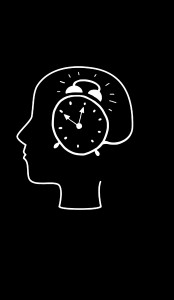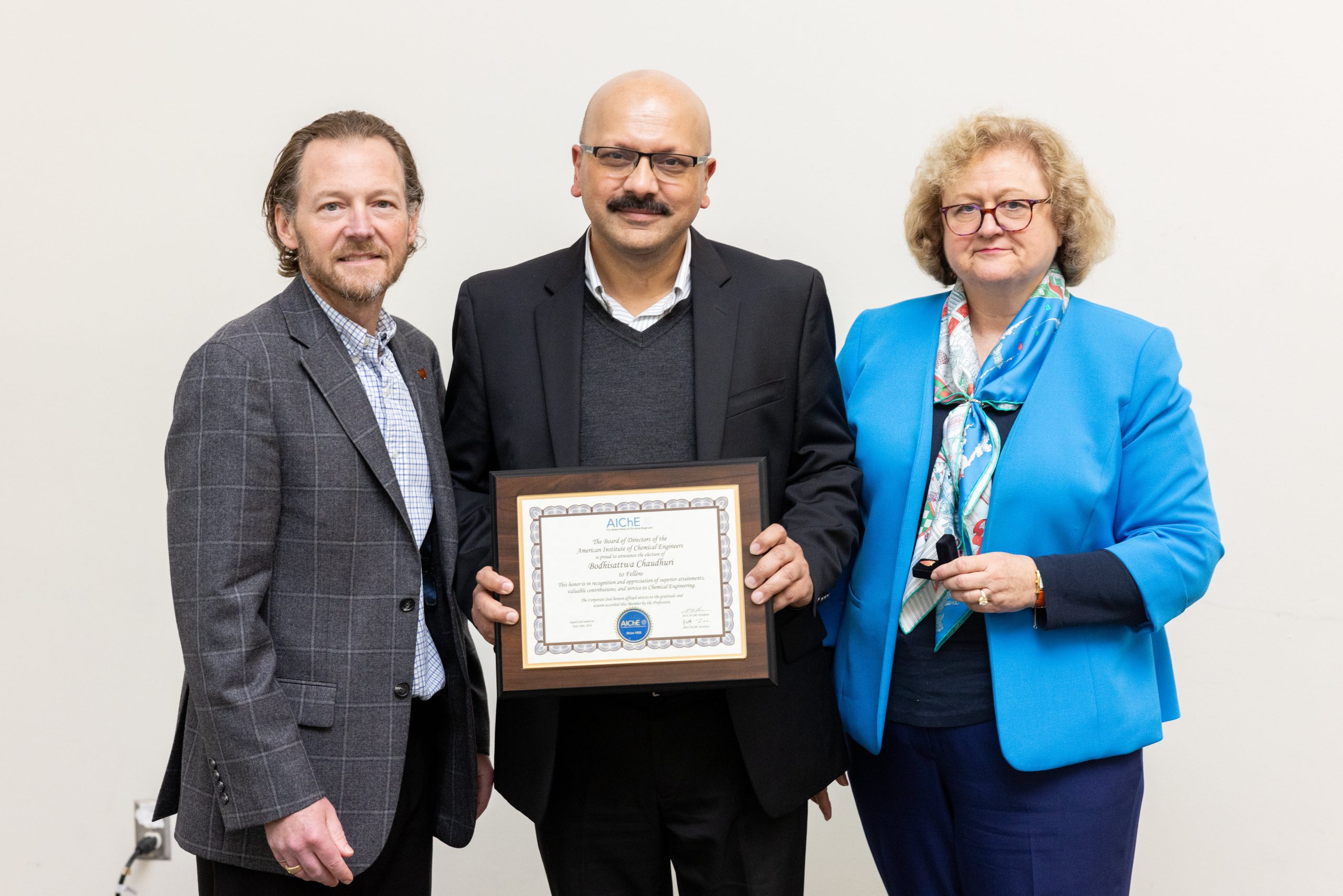This article was first published in the Fall 2014 print edition of UConn Magazine. To read more stories like this, visit s.uconn.edu/fall14 or download UConn Magazine’s free app for iPads.

A clinical psychologist and professor of psychiatry at the UConn School of Medicine, Julian Ford has spent the past two decades researching stress and trauma. He has edited or authored 10 books, including co-authoring Hijacked by Your Brain: How to Free Yourself When Stress Takes Over (Sourcebooks, 2013). Here, he offers a glimpse into his work as well as one approach we can all use in managing our own stress.
When stress takes a hold of our daily lives, most of us know how we should handle it: Eat healthfully. Exercise. Pace ourselves. Tend to our relationships. But most of the time, we feel too stressed to maintain the discipline necessary to take these seemingly simple steps. We’ve come to believe that we are just too stressed to use our stress-management skills.
Stress is ubiquitous in modern life, and stress-related medical and psychiatric illness is increasingly recognized as a worldwide epidemic. Although scientists are working to determine how stress affects individuals, families, communities, and entire societies, and to develop techniques for stress management, there still is no cure for common stress.
Losing Control
My own research over the past 20 years has focused on those suffering from extreme stress syndromes caused by exposure to trauma – such as life-threatening violence, abuse, or disasters – and those who have developed post-traumatic stress disorder (PTSD). PTSD is an acute anxiety disorder in which the sufferer often revisits, or relives, a traumatic event through flashbacks and nightmares. Unfortunately, it is far from rare: Comparable in prevalence to depression, PTSD affects as many as one in every 10 adults in Western societies, and one in every 15 children and adolescents. Developing effective therapeutic interventions to enable traumatized people to recover from – or to prevent – PTSD is one of the most pressing agendas for scientists and health practitioners today.
“Post-traumatic stress disorder affects as many as one in every 10 adults in Western societies, and one in every 15 children and adolescents.” —Professor Julian Ford, UConn School of Medicine
In my book Hijacked by Your Brain, I explain that there is an alarm center deep in our brains. When we are stressed, that alarm can essentially take control of areas in the brain that manage our memories and enable us to think clearly. For someone victimized by PTSD, that alarm is on high alert. Until it gets reset, the brain is stuck in survival mode, often causing the brain’s memory and thinking centers to “crash” like a computer’s hard drive, and resulting in persistent feelings of stress that seem unstoppable. Instead of exploring the world so that we can grow, develop, and engage fully in our lives – using what I’ve called the “learning brain” – the brain of a PTSD victim shifts to hypervigilance and a fight-flight state – a “survival brain.”
Resetting Your Alarm
There is no direct biological intervention that reliably resets a hypervigilant brain. Medications designed for depression and anxiety help with some PTSD symptoms in some cases – but not consistently – and they do not fully or permanently restore the survival brain’s capacity to make and to retrieve ordinary memories and to think clearly. However, psychological therapies have been shown to reset brain activity in related disorders, such as depression and obsessive-compulsive disorder. Studies are underway in my lab and my colleagues’ labs to test whether victims of PTSD could similarly benefit.
The most consistently effective psychological therapies for PTSD are designed to change how people remember extremely stressful or traumatic experiences – but not to enable them to reset their brains’ alarm systems. To address this gap, my research has focused in part on developing practical skill sets for resetting the brain’s alarm when it has become stuck in survival mode. Changing how one feels and thinks when recalling traumatic experiences may indirectly reset the brain’s survival alarm, but there might be a more direct path if we can help people to re-engage the brain’s memory and thinking centers on a 24×7 basis, rather than only when recalling stressful memories.
The educational and therapeutic program I have developed, “Trauma Affect Regulation: Guide for Education and Therapy” (TARGET), shows individuals how experiencing extreme, chronic, or traumatic stressors can lead the brain’s alarm to react self-protectively and become stuck in survival mode. They also learn how to use their brain’s memory and thinking centers throughout the day (and at night) to reset their alarm back into learning mode. TARGET then teaches several common-sense, practical skill sets to engage the brain’s memory and thinking centers and reset the alarm – strategies that anyone can use in moments of high stress. One of these approaches is called “SOS,” which stands for Slow down, Orient, and Self-check. (Try it yourself right now – just see the sidebar.)
Feeling stressed? Try the “SOS” approach right now:
SLOW DOWN
Re-enter the present moment. Observe what’s happening in your mind and body. Perhaps count to 10, close your eyes, or take three deep breaths.
ORIENT TO YOUR CORE VALUES
Focus your mind entirely on one thought. That thought – an image, an emotion, a goal – is whatever at this moment is most important to you in your life. Focusing on just one thought turns down your brain’s alarm.
SELF-CHECK
Take a moment to assess the level of stress you’re feeling as well as your level of personal control, or your ability to think clearly, on scales of 1 to 10.
If slowing down and orienting don’t turn down your stress, doing a self-check can help activate your learning brain, leading you to begin feeling better and thinking more clearly.
Stress is not good or bad; it is a physical reaction from your body and brain that is intended to help keep you safe. Instead of avoiding or trying to “get over” your stress reactions, SOS may be a way to help you regain the one essential skill that chronic stress takes away: the ability to stop and to think clearly so that you can make the right choices.
Thinking clearly when you are under stress is a challenge we all face as humans. We’ve all got an alarm in our brains, and we all experience stress reactions that can threaten our health, happiness, and success. Fortunately, we all also have potentially highly effective memory and thinking centers in our brain, and we can learn how to harness those capacities. Use your stress reactions as a reminder to pay attention to what really matters in your life. Reorienting yourself to the emotion you want to feel right now is the key to turning down your alarm and effectively managing stress.


